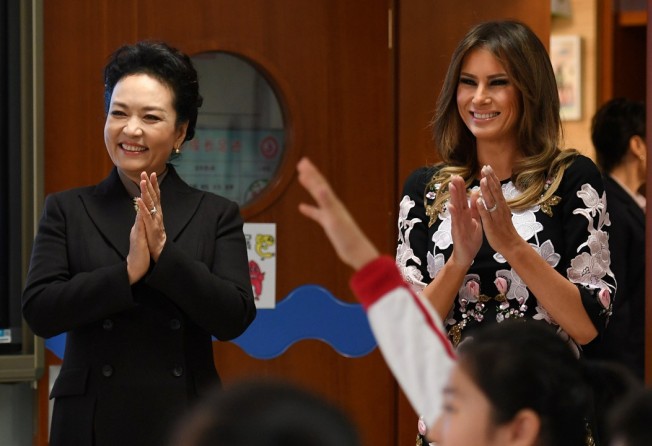Former Google engineer returns to China to start English-language teaching app
The Liulishuo virtual English teacher app, used by 50 million people in China, will correct grammar and pronunciation until it is right
Li Taoin Shenzhen

Wang Yi graduated from China’s elite Tsinghua University, earned his PhD in computer science at Princeton, then went to work for Google in Mountain View, California. Then he quit to return to China to teach English.
Or to be more precise – to start a company offering English lessons through an app powered by artificial intelligence. How is it different from an ordinary tutoring app? This virtual English teacher will correct your grammar and pronunciation until it is right, using a database of speech and terms built up by the company.
Print option is available for subscribers only.
SUBSCRIBE NOW